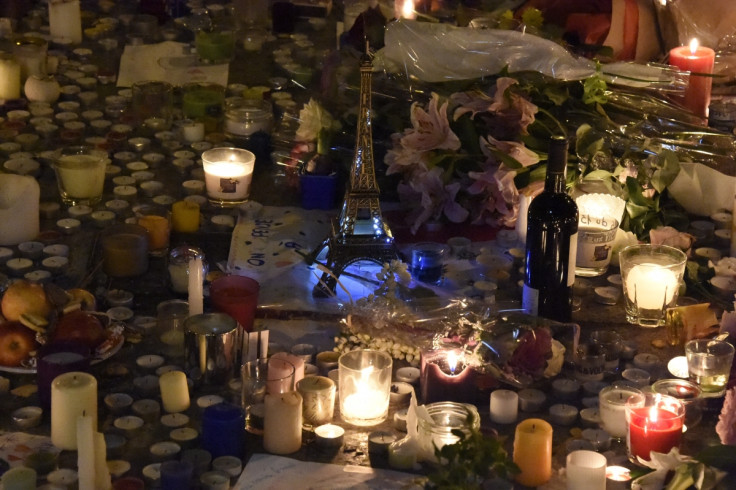Paris attacks: Business to be resilient but stock markets brace for global rout

The attacks in Paris on 13 November, when gunmen and bombs killed 129 people, are expected to hurt Europe's economy. Consumer confidence is set to be hit as fear haunts the continent although the economic impact will be primarily focused on France.
The country's thriving tourism sector is expected to take a big hit, as Disneyland Paris and the iconic Eiffel Tower are both closed temporarily. The UK, Spain and Belgium have also been named by economists as countries whose economies might be hurt because of the extra security being imposed after the attacks in Paris.
"The truly awful events in Paris could certainly have a significant negative impact on consumer confidence in the near term at least – obviously primarily in France but also elsewhere in Europe as people in many other countries will be wondering if they could be the next to suffer such an atrocity," said Howard Archer, chief Eurozone economist at IHS Global Insight.
However, as is often the case, business and economic activity will bounce back. Although the French economy has been sluggish, many shops will reopen their doors soon enough and only specific sectors will be hit in the long term.
"As horrific as these events are ... economic activity does tend to be pretty resilient," Archer said. "The UK, Spain and France itself has all seen its economies little damaged by terrorist atrocities in the past. At the end of the day, people have to get on with their lives. And that is the best way of putting up two fingers to the terrorists."
The Euro lost against the dollar, falling more than 0.6% and at one point trading lower than $1.07. The continent's currency also fell against the yen, a safe haven investment for many, losing more than 0.5% and trading around ¥131.21.
Markets
The FTSE 100 is forecast to open 55 points lower than at its close on Friday, following an already volatile end of last week. Asian markets fell on the back of the worst terror attack in Europe in more than a decade.
Stock markets, too, are set to bounce back in the long term, according to analysts – especially as the lower price of stocks is expected to cause bargain buyers to lift the market.
"Global markets are likely to open in the red when trade resumes Monday, following the deadly Paris terror attacks on Friday night," said Jesse Cohen, senior editor at Investing.com.
"With that being said, any sell-off in the market will likely be temporary. The key here is that market players had the entire weekend to digest all the information, making any sharp knee-jerk reactions less likely on Monday."
Fear of global economic uncertainty has divided analysts on the fate of the price of oil. Some are claiming that, in the long run, low demand will further push down prices.
However, used as a safe haven investment and thinking the unrest in the middle east will weigh down demand, oil prices edged up and some analysts are saying this means the end of the continuously bearish market.
© Copyright IBTimes 2025. All rights reserved.






















